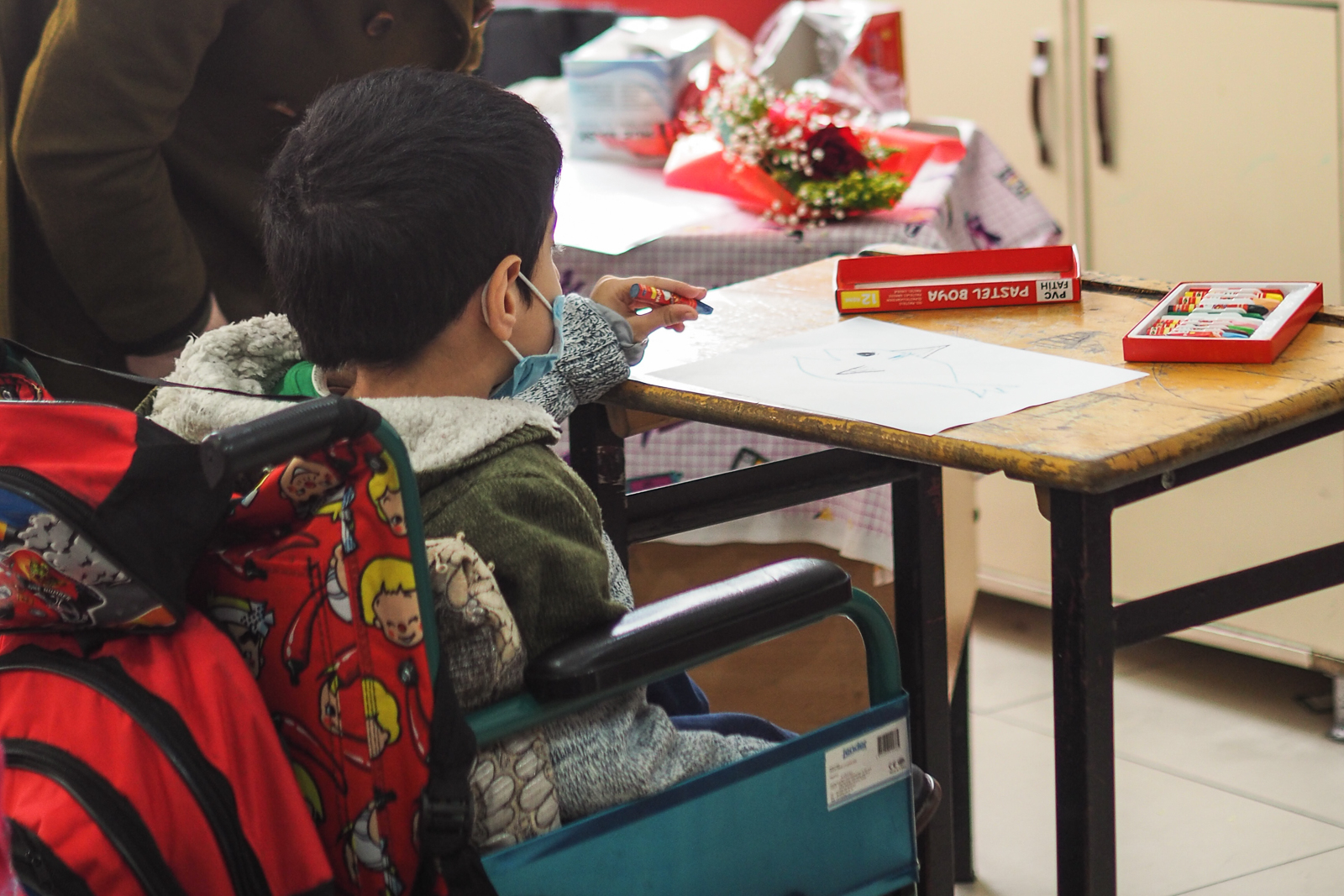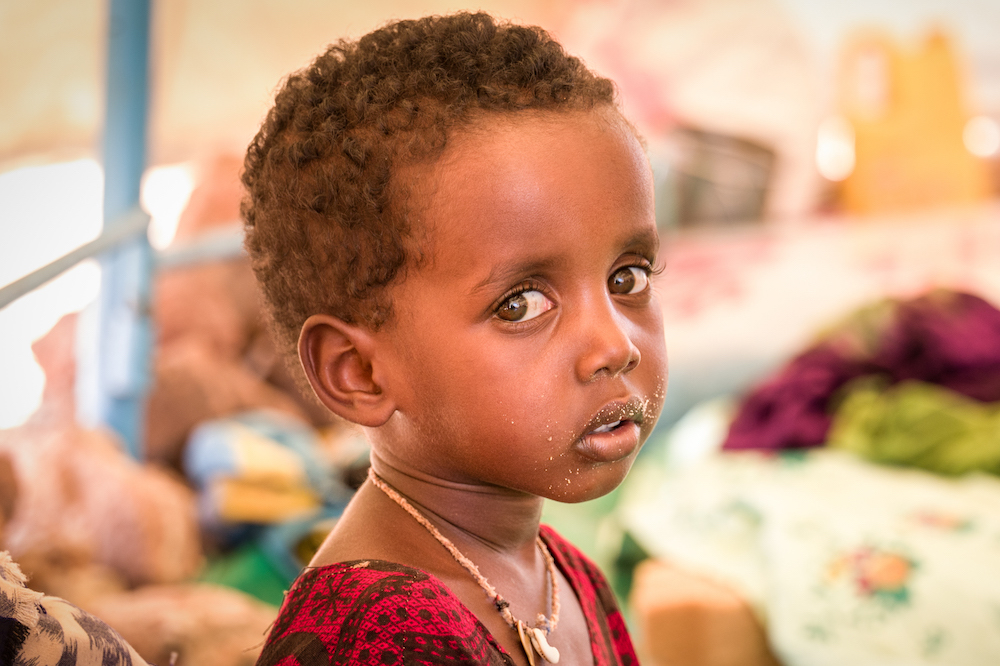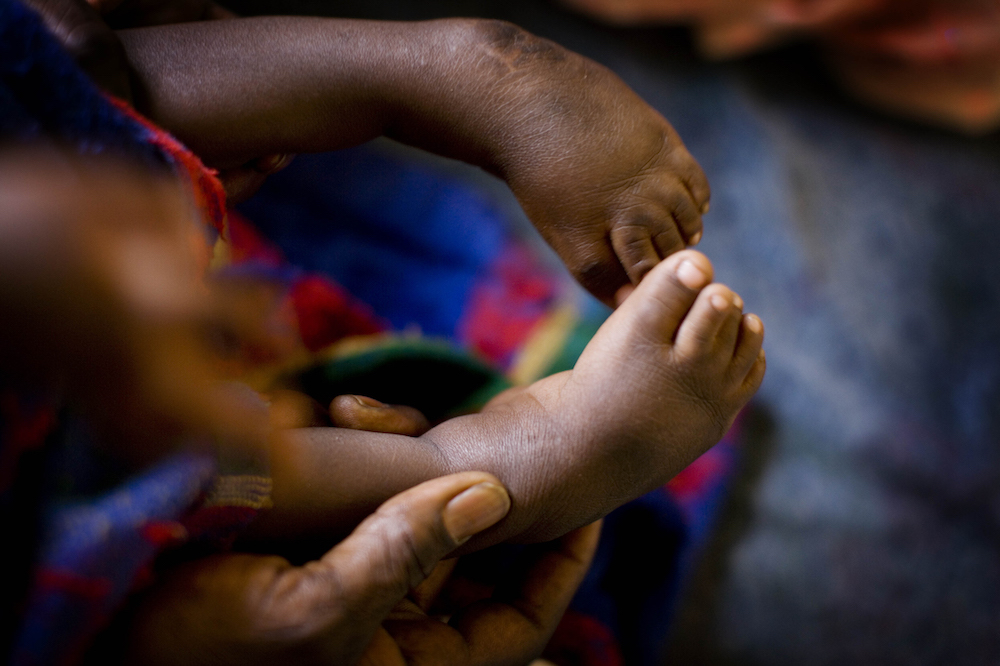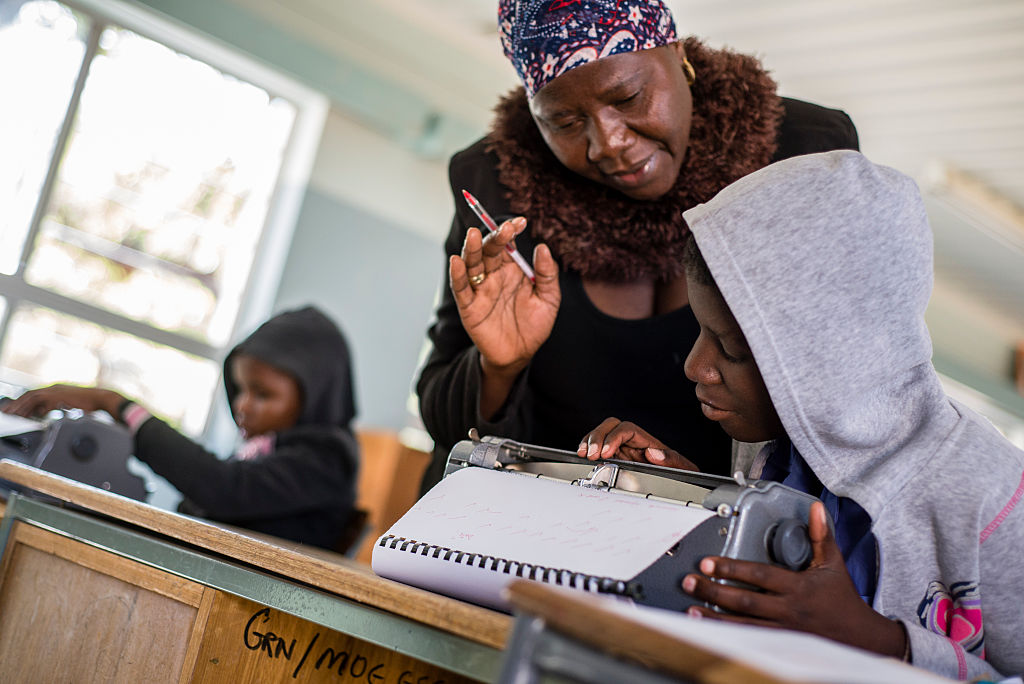
90% of disabled children in Namibia are missing out on pre-school or nursery
Barriers to education, Children with disabilities, Early childhood development, Right to education
Statistics also show 82% of children with disabilities have never attended school in rural areas, compared to 18% in the country's urban areas.
Many people living with disabilities in the developing world still face stigma and isolation.
The worst affected are often young children, whose parents can struggle against cultural and systemic barriers.
In Namibia, nearly 90% of children living with disabilities have never been to pre-school or nursery.
Statistics also show 82% of disabled children aged over five have never attended school in rural areas, compared to 18% in the country’s urban areas.
The figures revealed that 50,000 of those aged five and above had dropped out of school, 27,000 had never attended school and fewer than 900 had ever attended a pre-primary school.
All children under five – including those with disabilities – need early childhood development if they are to grow physically and psychologically to fulfil their potential.
Theirworld’s #5for5 campaign has been calling on leaders to invest in early years care.
Estimates in the World Report on Disability (2011) suggest there are between 93 million and 150 million children under 14 with disabilities. But the numbers could be much higher.
For children who are already marginalised, such as girls and those living in rural areas, a disability creates an additional barrier to accessing education.
The National Federation of People with Disabilities in Namibia (NFPDN) has called on the Ministry of Education, Arts and Culture to investigate why the majority of learners living with disabilities – especially the hearing-impaired – fail to pass formal education and proceed to university.

NFPDN chairperson Daniel Trum said: “Deaf learners are not able to pass Grade 10 and 12 to access tertiary education.
“I don’t think there is any one of them who passed Grade 10 and proceeded to Grade 12 to date.
“Further, statistics show about 21,000 children in Namibia between the age of six and 19 years have a disability, representing 3.3% of the population in that age group.”
To address the needs of children with disabilities in Namibia, the Ministry of Education, Arts and Culture – with the support of UNICEF – conducted a rapid analysis aimed at documenting the implementation of inclusive education.
The main purpose of this study was to identify the needs and barriers that may hinder the full participation of children with disabilities.

Education, Arts and Culture Minister Katrina Hanse-Himarwa said some of the major challenges identified include the existence of high levels of stigma and discrimination against children with disabilities.
She said disability is often viewed as a curse and children with disabilities are still hidden from society.
Other challenges include lack of knowledge and practical skills among teachers, school principals and staff to teach children with disabilities. This can result in feelings of frustration, stress and being overwhelmed.

Corporal punishment and bullying of children with disabilities, and a lack of knowledge and awareness relating to differing disabilities – especially those relating to “invisible disabilities” such as learning and psychosocial disabilities – have also been identified.
In an attempt to respond to the issues raised, she said the ministry would develop strategies to address the lack of capacity among educators.
“Through the integrated school health programme, the ministry will also partner with the Ministry of Health and Social Services to address the early identification, assessment and interventions of disabilities amongst children and learners,” she explained.
The minister also called upon the media fraternity to support advocating the rights of children with disabilities to quality education, healthcare and social services and to “sensitise” communities about the dangers of stigma.
More news

Technology has the power to expand education for children with disabilities
